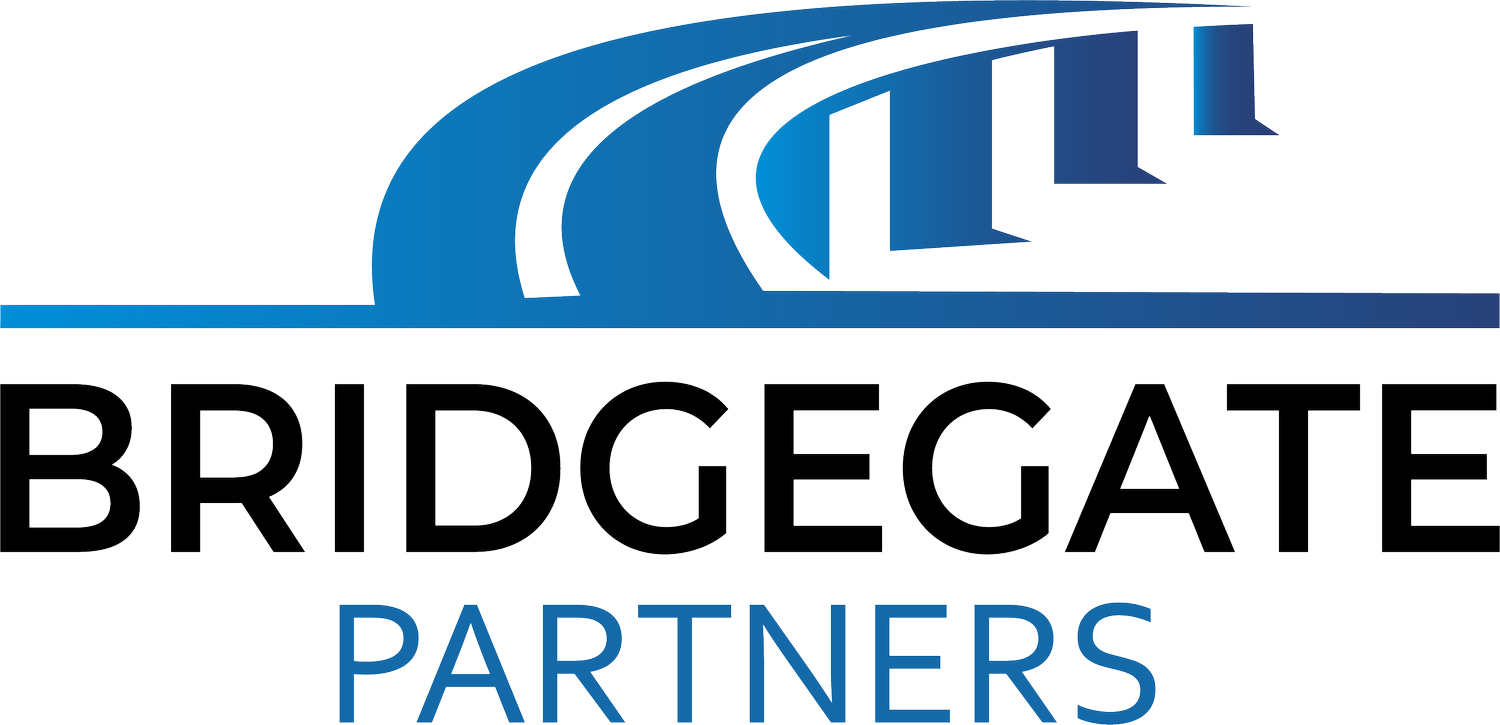Navigating Due Diligence: Tips for Selling Your Small Business
As you navigate the sale of your business, you will eventually find a potential buyer with whom you want to continue the conversation about selling your business.
First, you and a potential buyer will sign a mutual Confidentiality or Non-Disclosure Agreement (NDA) to protect your business. After the NDA is signed, you and the potential buyer are ready for the due diligence phase. Here's what you can expect during due diligence and what you need to do to support the buyer and ensure they are qualified:
Understanding Due Diligence
Due diligence is an in-depth investigation into your business. Buyers will assess your financial records, operations, legal documents, customer contracts, employee agreements, and more. The goals of due diligence are two-fold:
1. For the buyer, to gain a comprehensive understanding of your business's assets, liabilities, growth potential, and potential risks;
2. For you as the business owner, to help you decide if the buyer is qualified and someone you want to have take over your business.
Keep in mind due diligence is information gathering. It’s not negotiations. That will come later in the business sale process.
What to Expect
Document Requests: Be prepared for the buyer to request a myriad of documents. These may include financial statements, tax returns, leases, contracts, licenses, permits, and intellectual property documentation.
Meetings and Interviews: Expect meetings and interviews with key personnel, including yourself. Buyers may want to understand your day-to-day operations, key customer relationships, and future growth plans.
Financial Analysis: Buyers will scrutinize your financial records to ensure they accurately reflect the performance and profitability of your business. Expect detailed analysis of revenue, expenses, cash flow, and projections.
Legal and Compliance Review: Legal documents such as contracts, leases, and employee agreements will undergo thorough review to identify any potential liabilities or risks.
Operational Assessment: Buyers will assess your business processes, systems, and infrastructure to evaluate operational efficiency and scalability.
Supporting the Buyer
Transparency: Be transparent and forthcoming with information. Concealing or misrepresenting crucial details can erode trust and derail the sale process.
Organization: Organize your documents and records in advance. Having a centralized repository makes it easier to respond promptly to buyer requests.
Open Communication: Maintain open communication with the buyer and promptly address any questions or concerns they may have. Being accessible and responsive demonstrates your commitment to a smooth transaction.
Addressing Concerns: Be prepared to address any red flags or concerns that arise during due diligence. Proactively addressing issues can help alleviate buyer apprehension and instill confidence in the transaction.
Ensuring Buyer Qualification
Financial Verification: Verify the buyer's financial capacity to complete the transaction. Request proof of funds or financing pre-approval to ensure they have the necessary resources.
Background Check: Conduct a background check on the buyer to ensure they have the experience and integrity to successfully operate your business.
Letter of Intent (LOI): Sometimes a business owner will request a signed Letter of Intent outlining the buyer's commitment to proceed with the transaction. The LOI should include key terms and conditions of the sale.
Consult Legal and Financial Advisors: Seek guidance from legal and financial advisors to ensure the buyer's qualifications align with your expectations and mitigate potential risks.
Conclusion
The due diligence process is a critical phase in selling your small business. By understanding what to expect and proactively supporting the buyer, you can navigate this stage with confidence and increase the likelihood of a successful sale.
The due diligence phase results in one of three outcomes:
1. Either you or the buyer decides to walk away from the potential sale.
2. Either you or the potential buyer decides you want more information or more conversation about the potential sale and purchase of your business.
3. You and the potential buyer agree to proceed with the transaction. If this is the outcome, you’ll draft a Memorandum of Understanding (MOU). I discussed MOU’s in my February 28, 2024 post.
Remember, thorough preparation and open communication are key to facilitating a smooth transaction and achieving your desired outcome. At the same time, during due diligence you will need to continue to market your business to other potential buyers. Fifty percent of business sales collapse during due diligence and you don’t want to have turned off other potential buyers and start the business sale process over again from the start.
